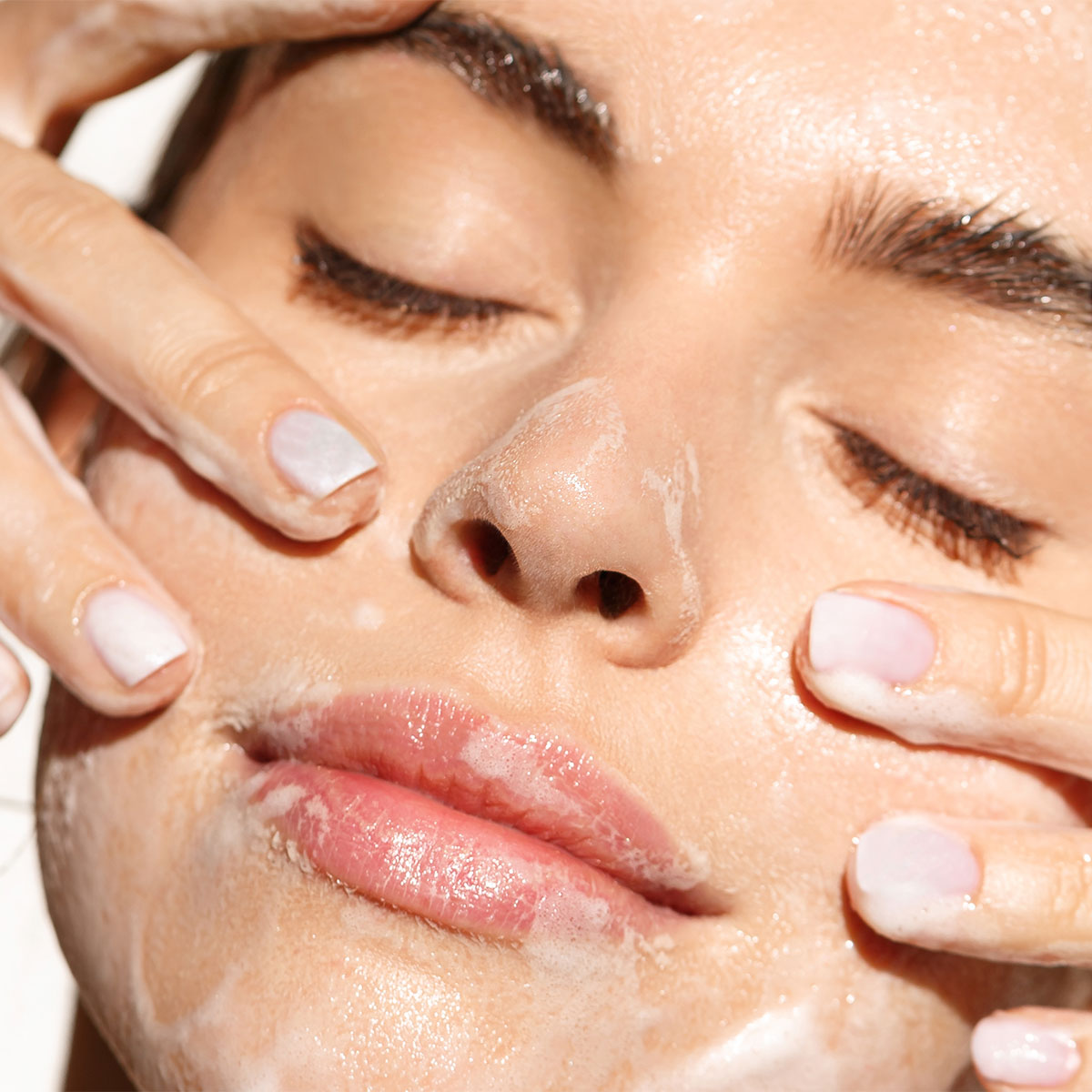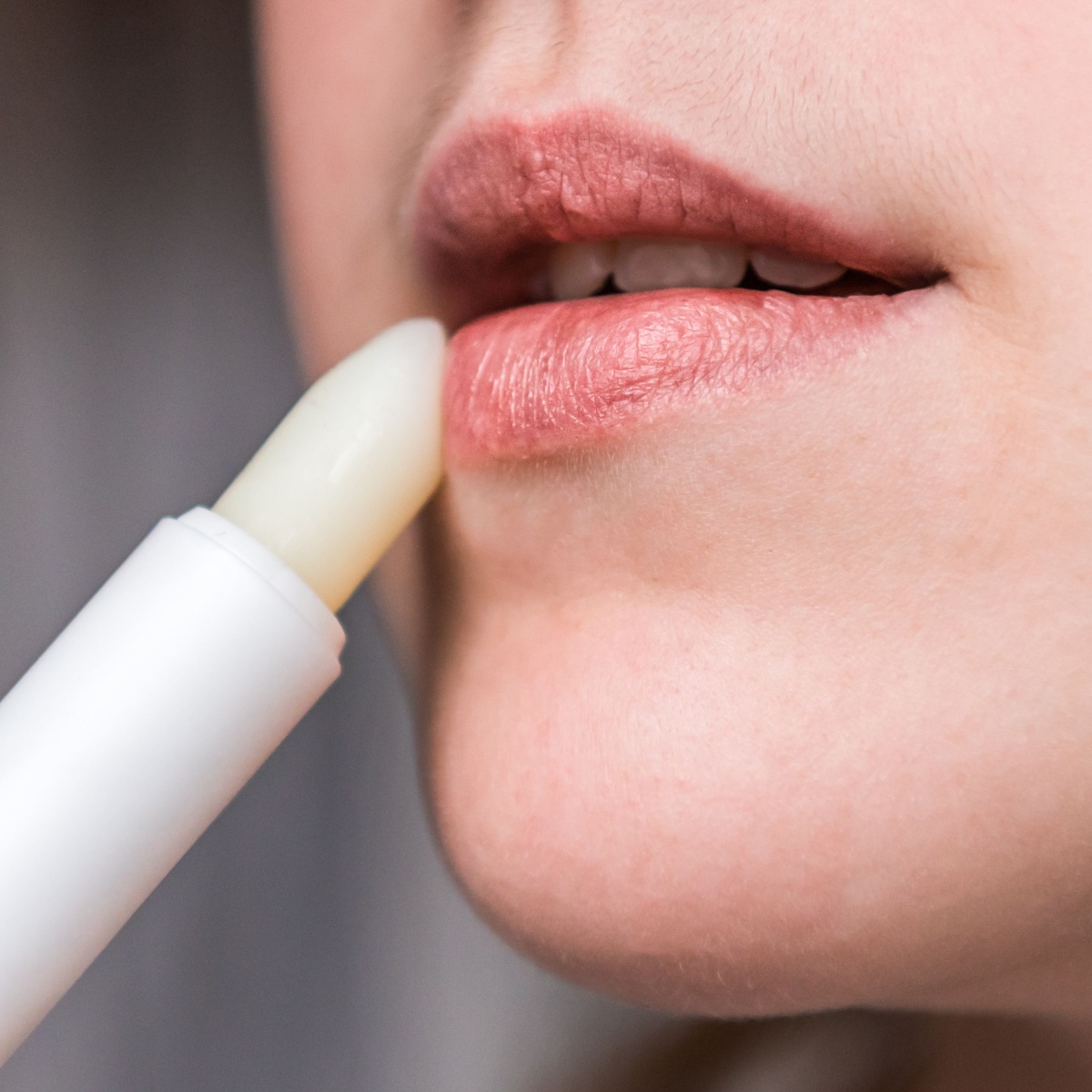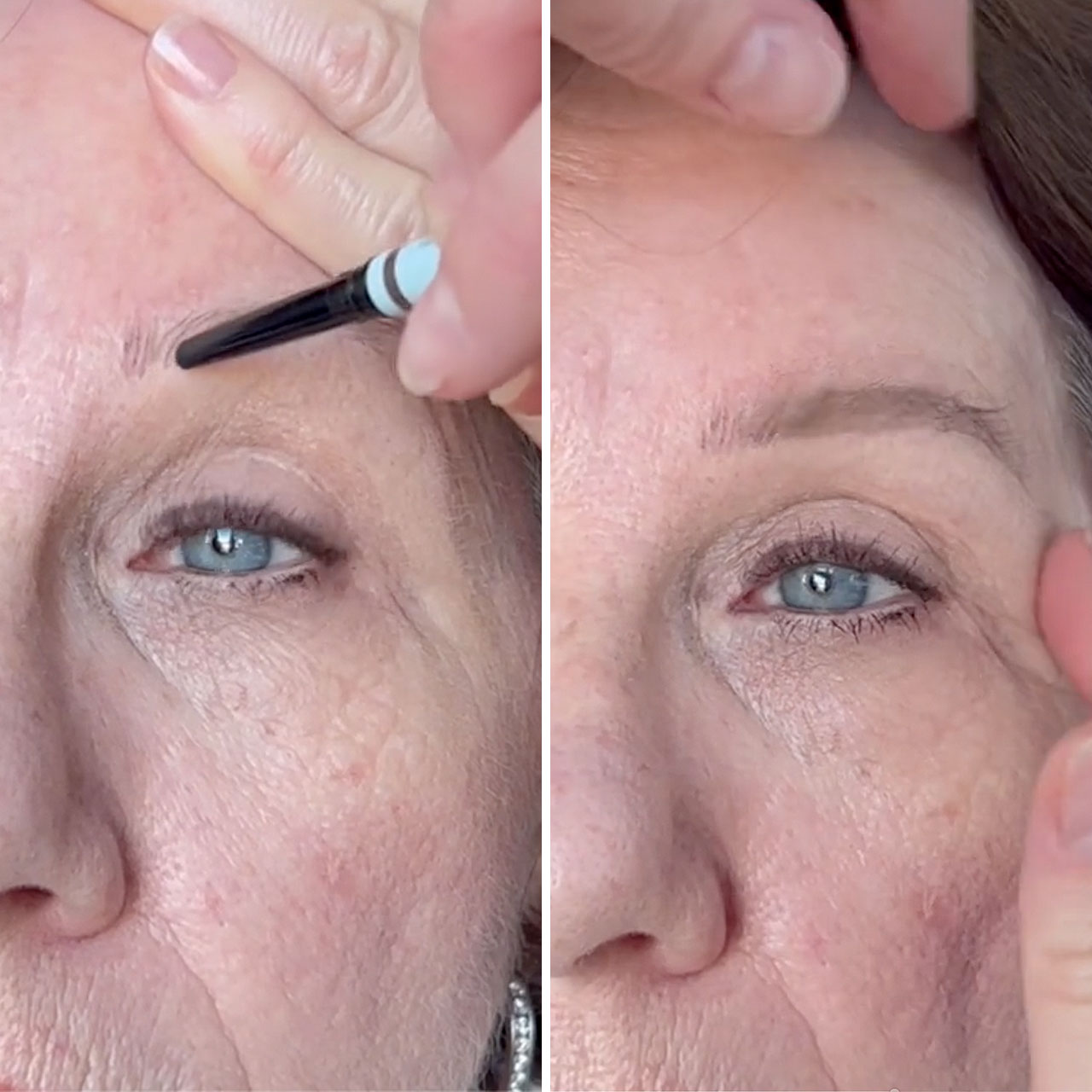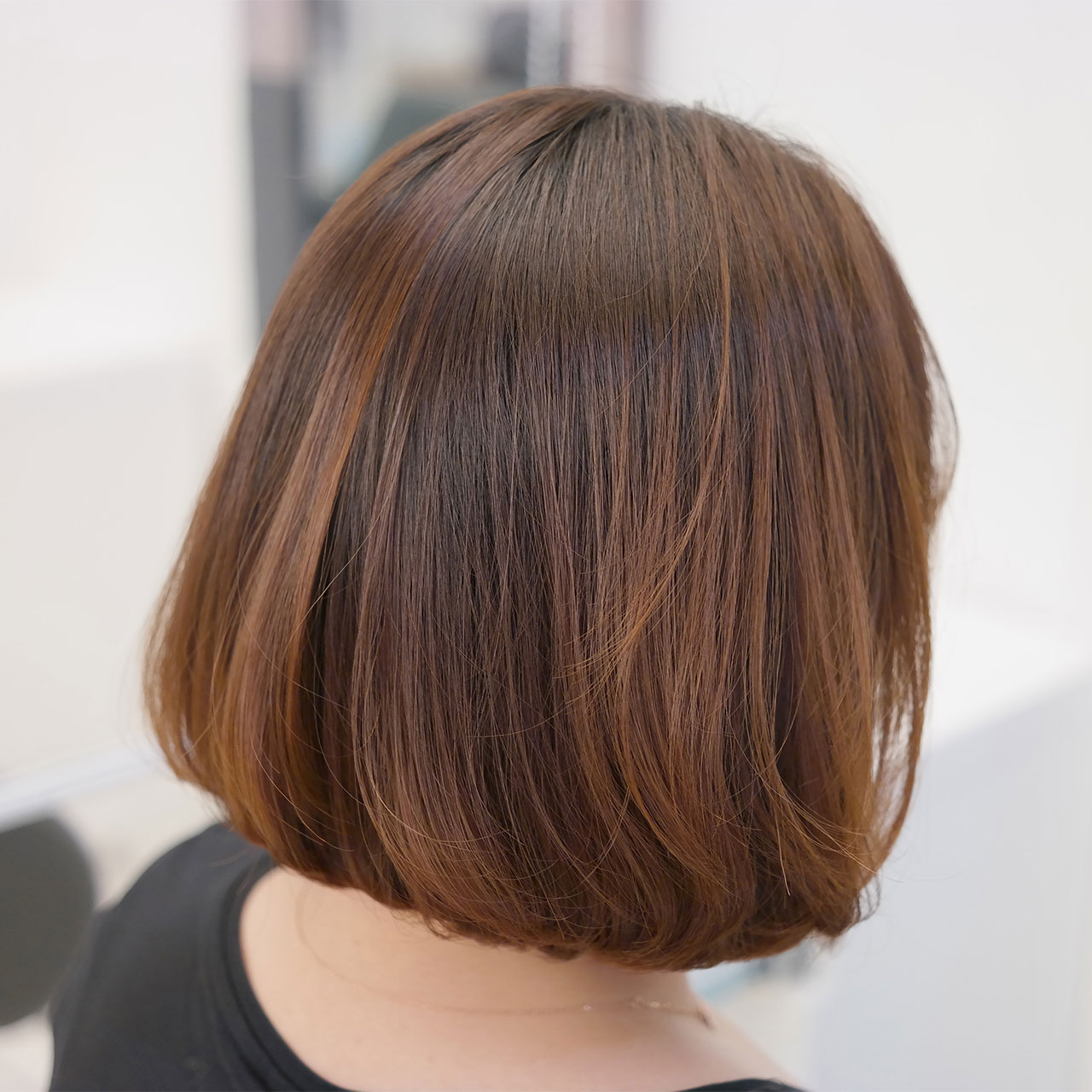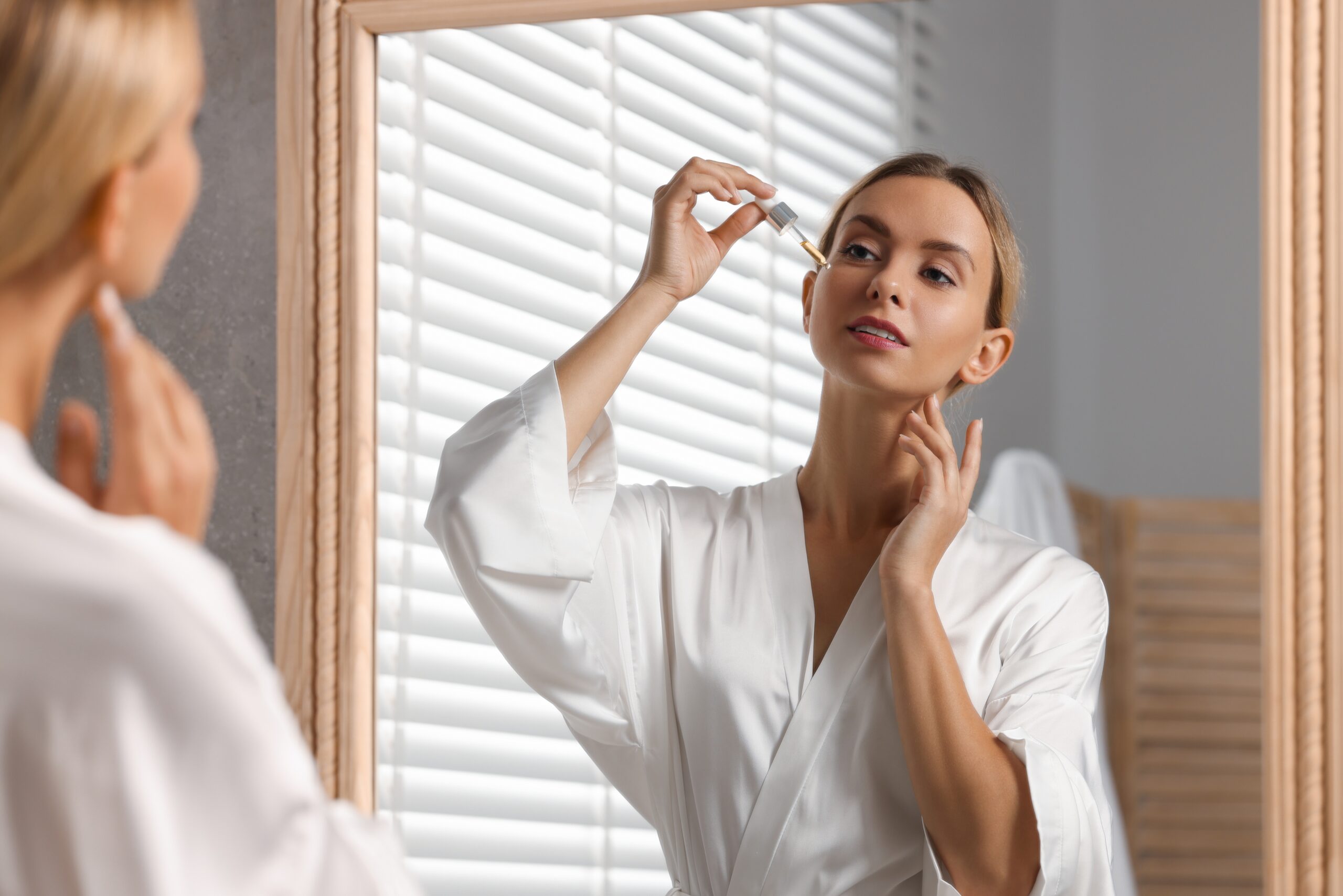If you frequently suffer from red, burning, or itchy skin, you likely have sensitive skin. And, sensitive skin can get worse when it interacts with environmental and topical triggers. These include hot or cold weather, soaps, skincare products, makeup, and even household cleaners. To prevent and heal sensitive skin, it’s important to consult with a dermatologist to help narrow down some of these triggers that could be causing inflammation. And, if you’re worried that it’s something in your skincare routine, specifically a facial cleanser, that’s affecting your skin, there is one cleanser ingredient that can actually dehydrate sensitive skin.
To learn more about cleanser ingredients you should avoid if you suffer from sensitive skin, we spoke with Elaine F. Kung, M.D., a board-certified dermatologist based out of New York City and the founder of Future Bright Dermatology. She said that the cleanser ingredient you should stay clever of is benzoyl peroxide because it lowers the skin’s pH levels and makes sensitive skin even more inflamed. Read more below!

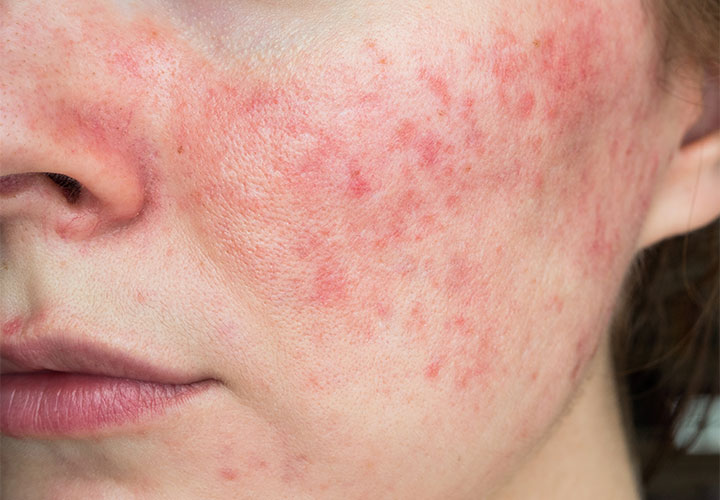
Avoid benzoyl peroxide
Benzoyl peroxide is an ingredient that comes as a skin cream, gel, or lotion and it's used to treat mild to moderate acne. This chemical is great for treating mild acne and can effectively get rid of bacteria and dead skin cells that clog your pores. But, if you have sensitive skin, to begin with, benzoyl peroxide will only exacerbate the issue.
"For people with sensitive skin, I would suggest avoiding benzoyl peroxide in their cleansers even if they have some acne," Kung says. "It's estimated that 4.5% of people may be allergic to benzoyl peroxide and even more people can be irritated from this ingredient even though it's effective for acne. This is because, when benzoyl peroxide is applied to the skin, it decomposes to release benzoic acid and free oxygen radicals. Benzoic acid lowers the skin's pH, which may be intolerant for people with sensitive skin." This ingredient is also incredibly aging. It emphasizes fine lines.
Benzoyl peroxide works by peeling away the skin to get rid of dead skin cells, excessive oil, and bacteria that may be trapped underneath. Such effects can lead to dryness, as well as redness and excessive peeling. You might notice itching and general irritation at the site of the application, too. So, if you already have red, inflamed skin, it's best to avoid this cleanser ingredient.
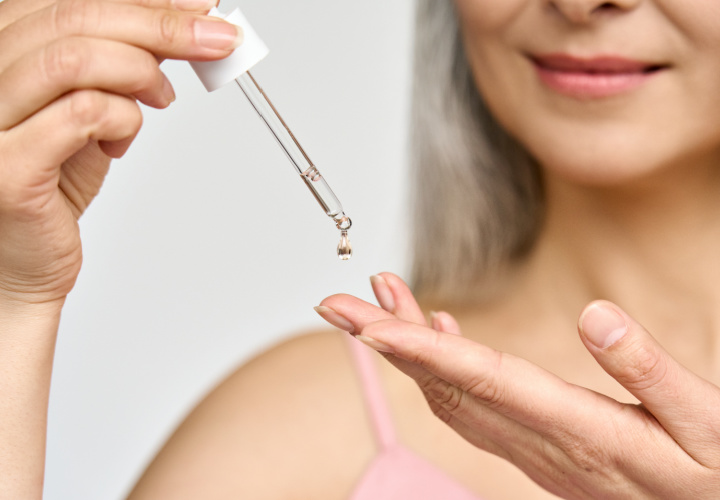
Opt for hyaluronic acid and ceramides
Instead, Kung recommends cleanser ingredients like hyaluronic acids and ceramides that protect the skin barrier for people with sensitive skin. Hyaluronic acid is a sugar molecule that occurs naturally in the skin. It helps to bind water to collagen thus trapping it in the skin. That way your skin can appear younger, plumper, and more hydrated. Similarly, ceramides are fats or lipids that are found in skin cells. They are essentially the glue that holds our skin cells together. They keep our skin barrier healthy and strong. A healthy skin barrier can easily seal in moisture and protect our skin from harmful elements. Basically, hyaluronic acids and ceramides are super hydrating ingredients that will moisturize inflamed skin.
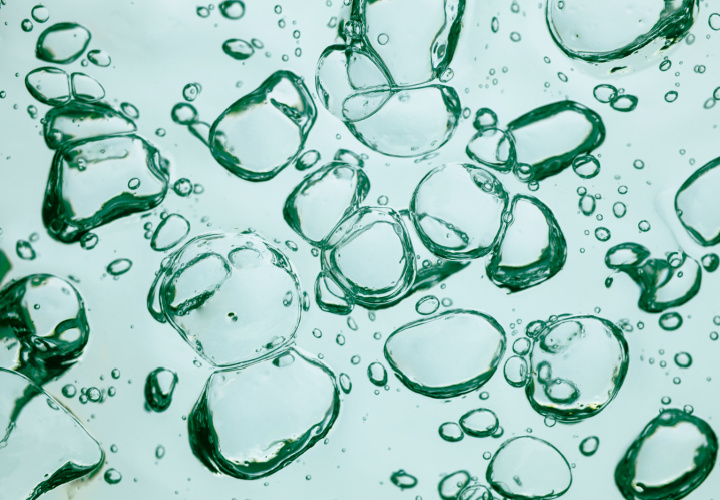
"There are cleansers that contain hyaluronic acid and ceramides that help the skin retain moisture and mimic components of our skin," she notes. "There are some cleansers that contain antioxidants but are still gentle for the skin."
Specifically, Kung says her favorite gentle skin cleansers include, "Neutrogena Hydroboost Cleanser, Cerave Cream to Foam Cleanser, La Roche Posay Toleriane Hydrating Gentle Cleanser, Naturium Niacinamide Gelee, [and] Joah Heal Me Cica Gentle Foam Cleanser." She says, "These are the cleansers I have in my own bathroom!"
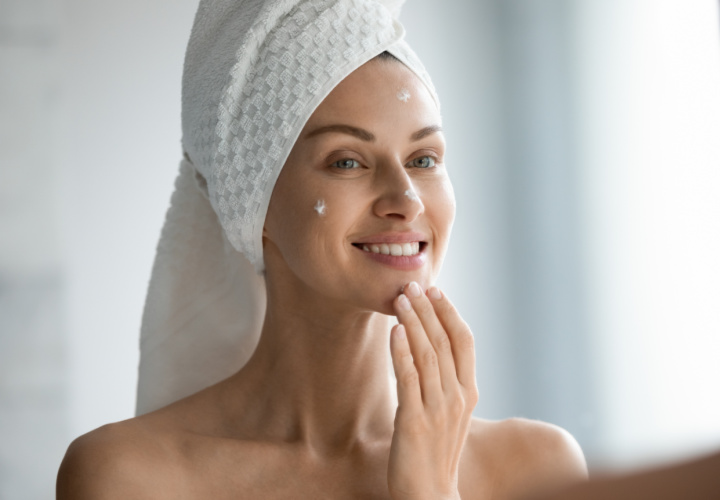
Bottom line
Overall, it's important to thoroughly examine the products you're putting on your skin. Kung says if you have sensitive, cleansers that contain benzoyl peroxide will only dry out and inflame your skin even further. Instead, she says you should opt for cleansers with hyaluronic acids and ceramides that trap moisture to heal dry, flaky skin. But, you should always reach out to your dermatologist before you make any changes to your skincare routine!





